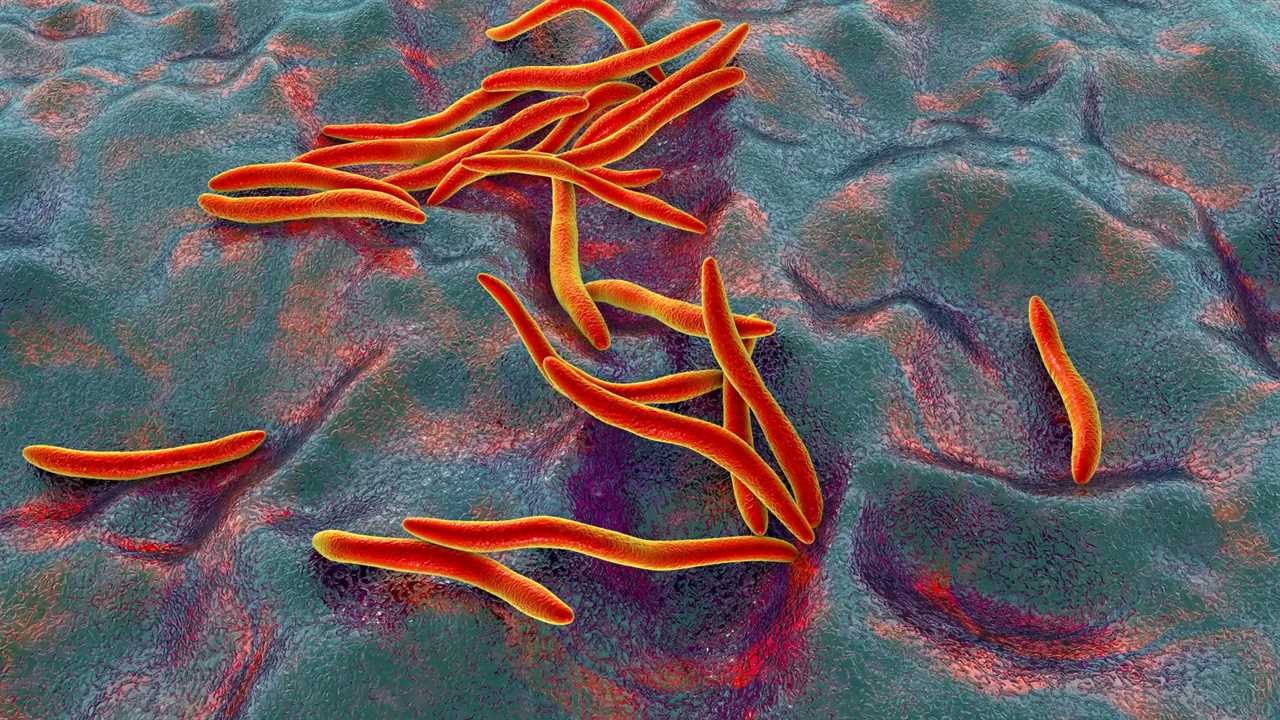
Revolutionary Findings
A type of bacteria commonly found in dental plaque has been discovered to have a remarkable ability to almost completely eliminate certain cancers. Fusobacterium, known for causing gum disease and plaque buildup, was found to kill up to 99% of specific cancer cells, leading to significantly better outcomes for patients with head and neck cancers.
New Hope for Cancer Treatment
Researchers at Guy’s and St Thomas’ and King’s College London conducted a study that shed light on this surprising link between Fusobacterium and cancer. By analyzing tumor data from 155 patients and conducting laboratory studies, they unveiled the bacteria's potential to improve survival odds and guide future treatments for head and neck cancers.
Unexpected Results
Despite previous associations of Fusobacterium with the progression of bowel cancer, the research team was taken aback by the bacteria's positive effects on head and neck cancers. Dr. Miguel Reis Ferreira, a senior study author, expressed the team's surprise at the bacteria's ability to destroy cancer cells rather than promote their growth, hinting at new possibilities for cancer treatment.
Potential for Personalized Treatment
The groundbreaking findings open doors for personalized treatment approaches based on the presence of Fusobacterium in cancer cells. By leveraging this discovery, healthcare professionals may tailor treatments to individual patients, offering more effective and compassionate care in the fight against head and neck cancers.
Did you miss our previous article...
https://trendinginthenews.com/cancer/check-your-risk-of-head-and-neck-cancer-with-a-simple-60second-mirror-test-amid-growth-in-uk-cases






